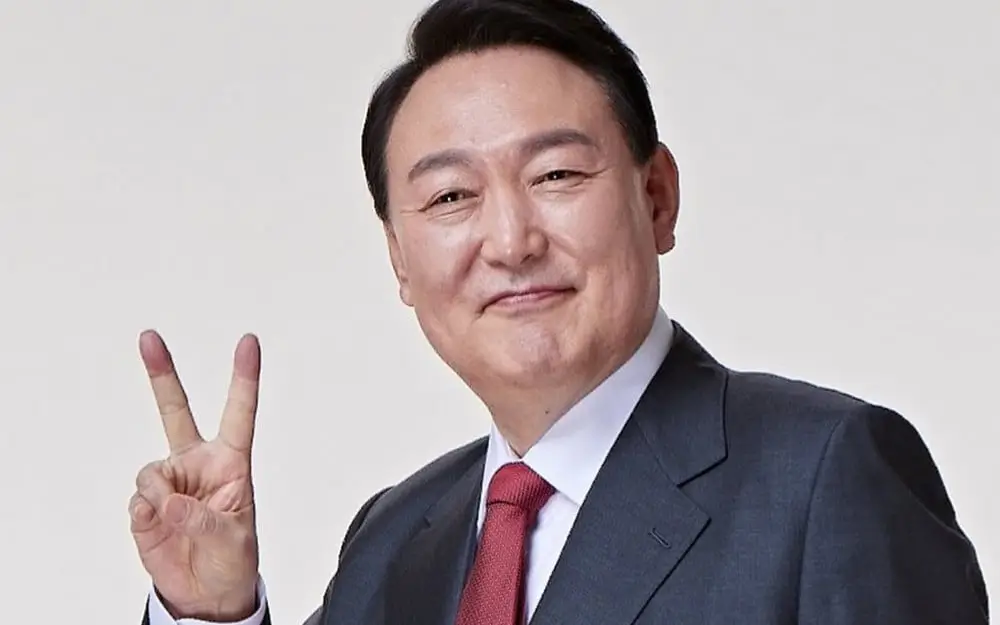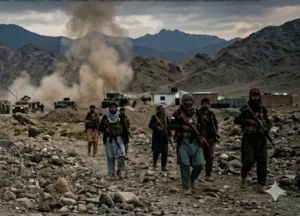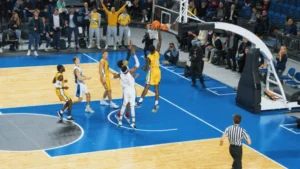South Korea’s embattled president fortified his residence against authorities as Yoon Suk Yeol’s impeachment crisis escalates. Barbed wire, barricades, and parked buses surrounded his compound over the weekend to prevent investigators from making another arrest attempt.
Yoon ignored summonses to face questioning on charges of insurrection and abuse of power. Last Friday, the anti-corruption government attempted to arrest Yoon but faced resistance from his potential security team.
The six-hour standoff ended without an arrest. Public prosecutors requested police assistance to enforce the arrest warrant, but the police refused, calling the move legally controversial. The current warrant is set to expire on Monday, leaving investigators scrambling for alternative measures.
The crisis erupted after Yoon attempted to declare martial law. His reasoning was threats from North Korea and anti-state forces. His decision triggered widespread criticism and protests. Thousands of citizens braved heavy snowfall over the weekend, demanding his resignation.
Yoon’s legal team argued that the arrest warrant was illegal, claiming investigators lacked the authority to handle insurrection charges. The presidential security service justified blocking his arrest due to ongoing disputes and their duty to protect the president.
Despite rejecting his legal appeals, the court has not ruled on impeachment, leaving Yoon in a politically liminal space. The Yoon Suk Yeol’s impeachment crisis has paralyzed South Korea’s political system. When asked to dismiss security officials hindering the arrest, acting president Choi Sang-mok decided against it.
Diplomatic ties between China and the US are also strained. US Secretary of State Antony Bliken’s visit to Seoul conceded the chaos. Bliken expressed confidence in South Korea’s Institutions, emphasizing their democratic resilience. However, the situation poses broader geopolitical risks, with domestic uncertainty looming.









